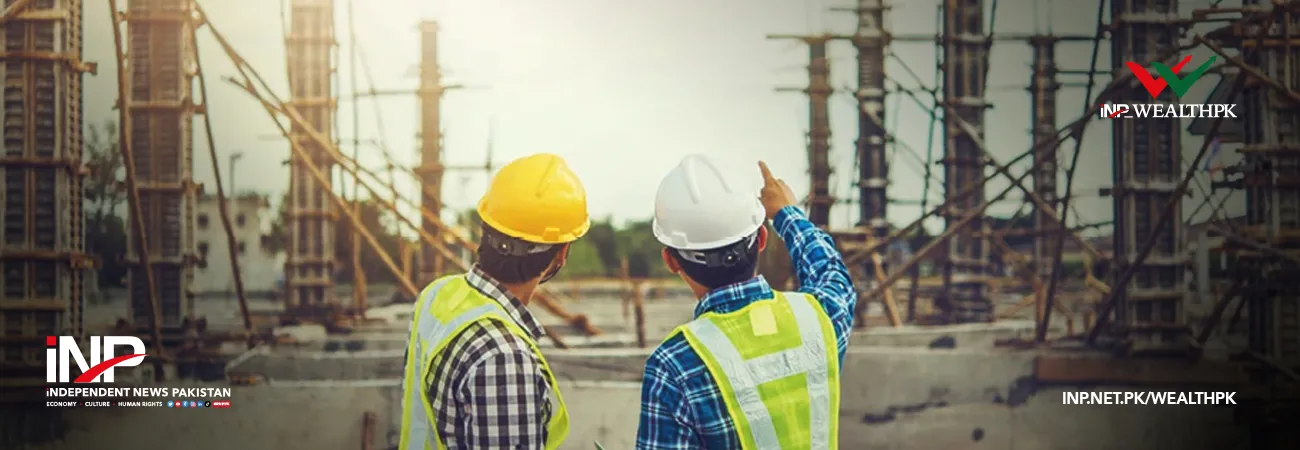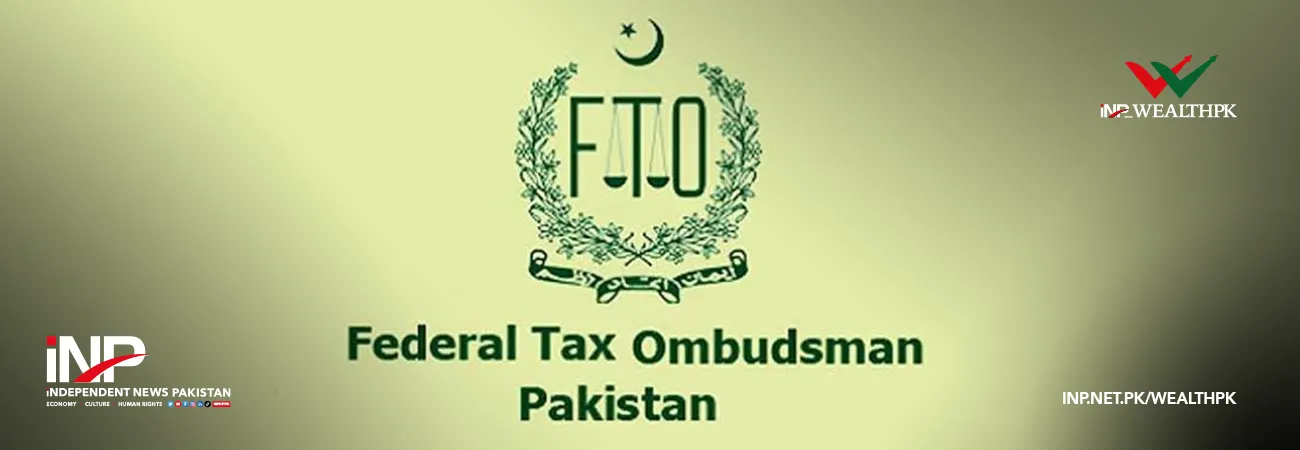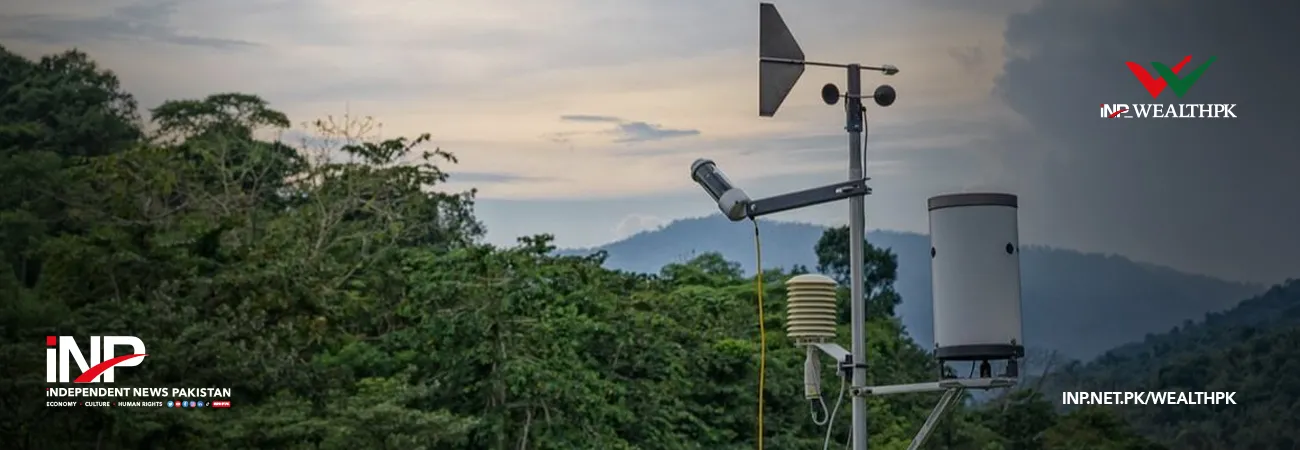آئی این پی ویلتھ پی کے
Ahmed Khan Malik
Sindh’s construction industry leaders argue that the current tax regime is not only hindering growth but also discouraging investment in a sector that plays a vital role in employment generation and infrastructure development across the province.
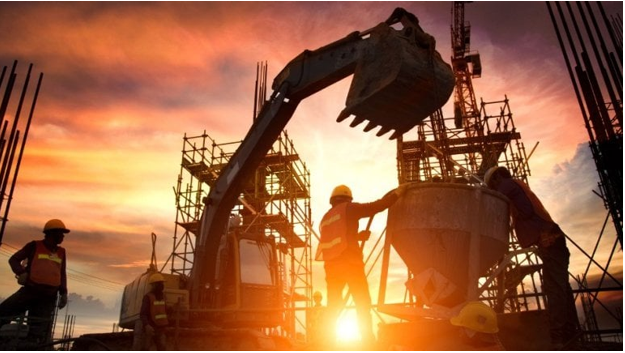
One of the key concerns raised by the construction sector is the inconsistent application of service tax rates across different regions of Sindh. Contractors based in Karachi, the province’s commercial capital report being subjected to service tax rates ranging from 9% to 11%, whereas those in other parts of Sindh are charged a flat 5%.
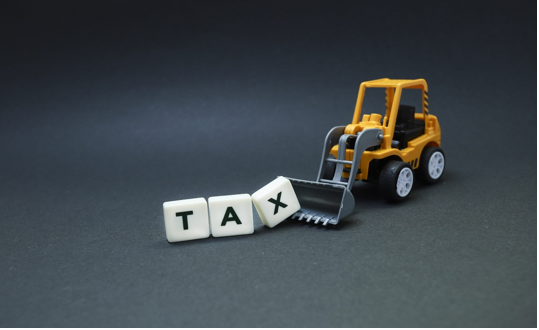
This disparity has been termed as discriminatory and economically damaging, particularly for large-scale urban development projects. “We have placed our reservations with the provincial government as the tax policies have been burdening the sector,” Mumtaz Alvi, a leading construction sector player, told WealthPK.
He emphasised the need for a stable and predictable tax regime, warning that frequent changes to tax rules are eroding investor confidence. According to him, the uncertainty created by abrupt policy shifts makes it difficult for developers to plan long-term projects, ultimately slowing down the sector’s growth.
Alvi said that the Sindh government has recently increased the general sales tax on services from 13% to 15%, aiming to align the rate with those in other provinces. “However, despite this harmonisation effort, exemptions and lower rates for certain construction services — such as those related to low-cost housing schemes and special economic zones — have been retained,” he pointed out.
Alvi argued that these targeted exemptions are not enough to offset the broader negative impact of higher tax rates. He further warned that if the heavy taxation continues, it could lead to a severe contraction in construction activity, loss of employment opportunities, and reduced foreign investment in real estate and infrastructure.
Mustafa Hussain, a contractor, said that the construction sector is a major contributor to Pakistan’s GDP and is closely linked to over 40 allied industries, particularly cement, steel, glass, and ceramics. “A slowdown in this sector would have a ripple effect on the broader economy.” “For this reason, sector people are urging the Sindh government to engage in constructive dialogue with industry representatives and consider rolling back the recent tax hikes,” he added.
Mustafa said that the construction industry in Sindh is at a crossroads. “While the government aims to increase revenue through tax adjustments, it must also recognise the economic strain these changes place on a critical sector. Without timely intervention and supportive policies, the future of construction in Sindh — and the livelihoods of thousands connected to it — could be at serious risk.”
Mustafa said that the country needs a boost in economic growth, and the construction sector can play a vital role in this regard, as it drives multiple industries along with it. He urged the provincial government to incentivise the sector in the form of relaxation in taxes in the budget.
Credit: INP-WealthPk


